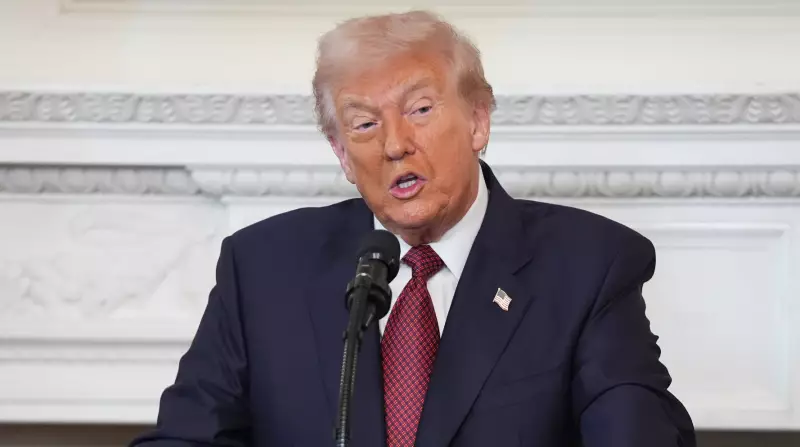
In a surprising departure from his typical stance on electoral matters, former President Donald Trump has publicly acknowledged that the results of a hypothetical 2025 election would be "not good" for him. This unexpected admission marks a significant shift from his well-documented position on election integrity and previous claims about voting processes.
The controversial figure, who has consistently questioned the legitimacy of various election outcomes throughout his political career, made these comments during a recent public appearance that has since gained significant attention across political circles.
A Notable Shift in Rhetoric
Political analysts are noting the unusual nature of Trump's statement, given his historical reluctance to concede electoral defeats or acknowledge unfavorable outcomes. This development comes amid ongoing debates about election security and voting procedures across the United States.
"The recognition that certain election results might not work in his favor represents a notable evolution in Trump's public discourse," observed one political commentator. "This is particularly striking given his previous unwavering insistence on electoral victories."
Context and Implications
The former president's comments arrive at a crucial moment in American politics, as the country continues to grapple with questions about democratic processes and electoral confidence. Trump's acknowledgment of potentially unfavorable election outcomes adds a new dimension to the ongoing national conversation about the future of American democracy.
While the statement doesn't represent a formal concession of any specific election, it does signal a potential shift in how the former president discusses electoral politics moving forward. This development is likely to influence both his supporters and detractors as the political landscape continues to evolve.
The reaction from both political parties has been mixed, with some seeing it as a step toward normalizing electoral discourse, while others remain skeptical about the long-term implications of such statements from the influential political figure.





